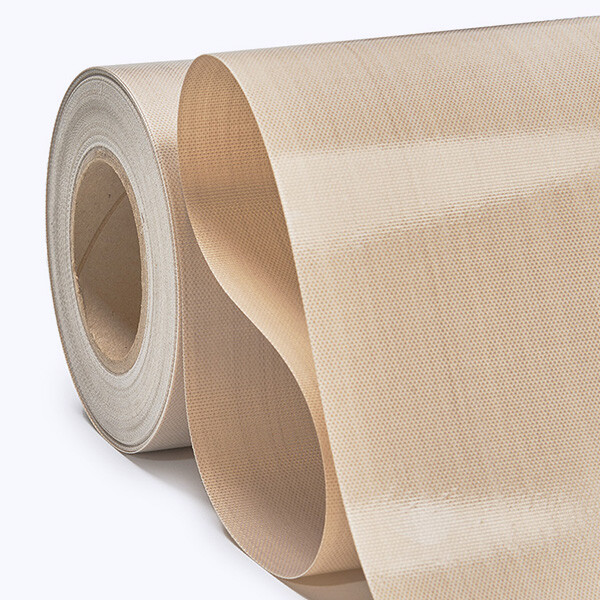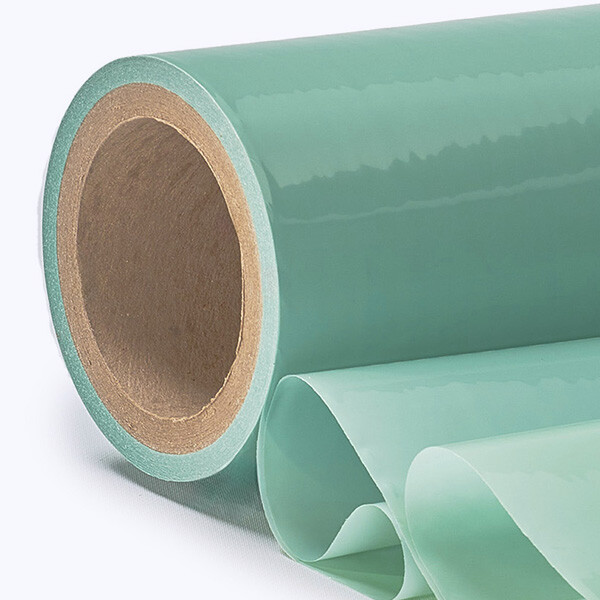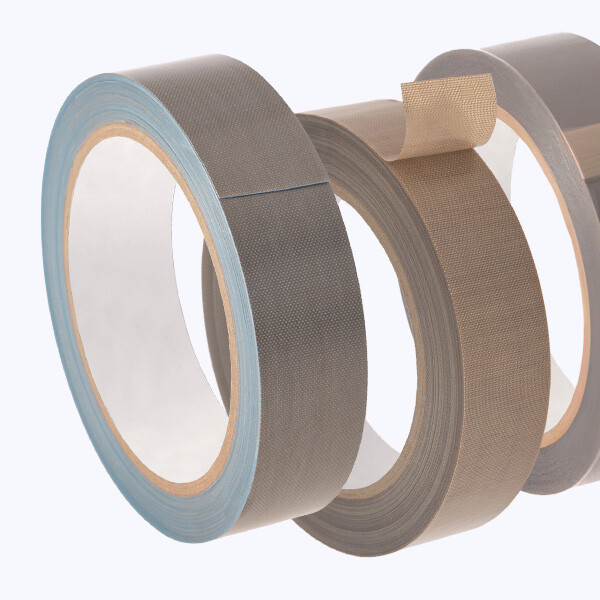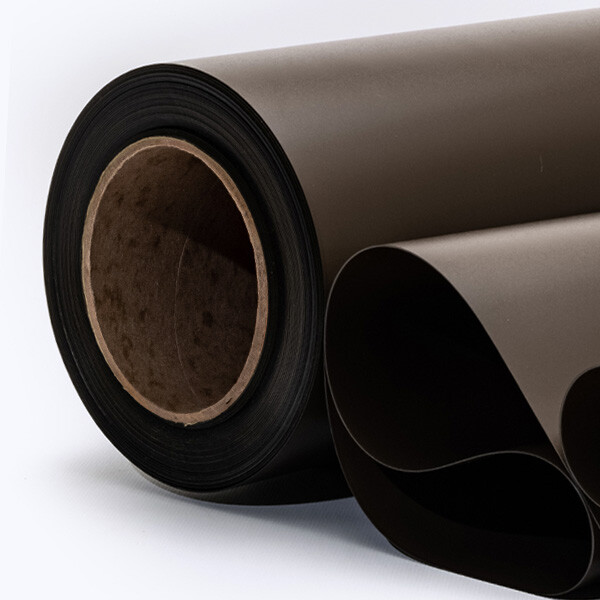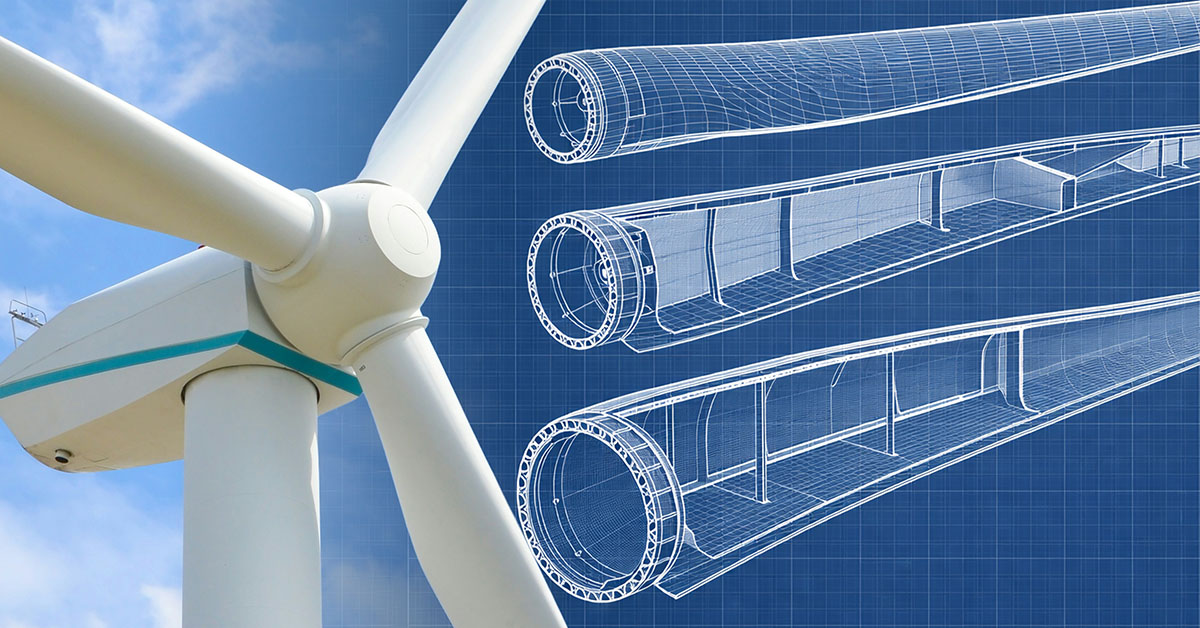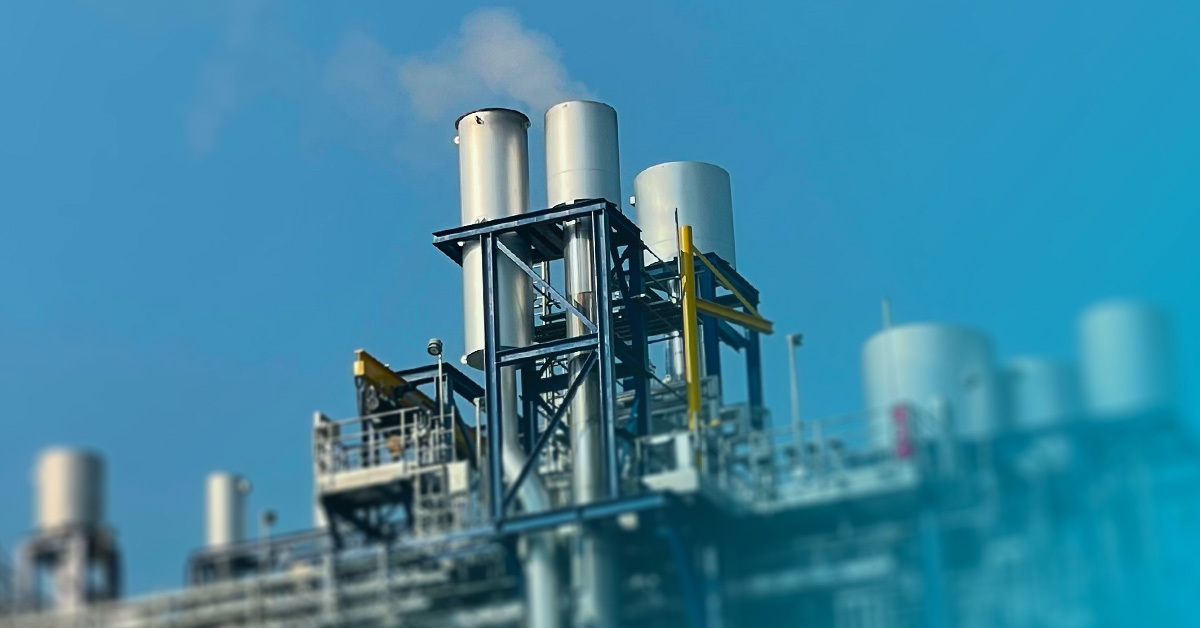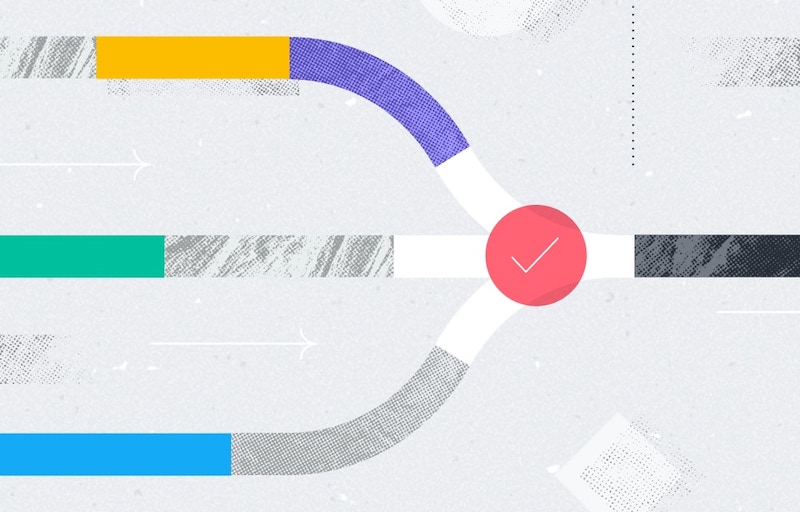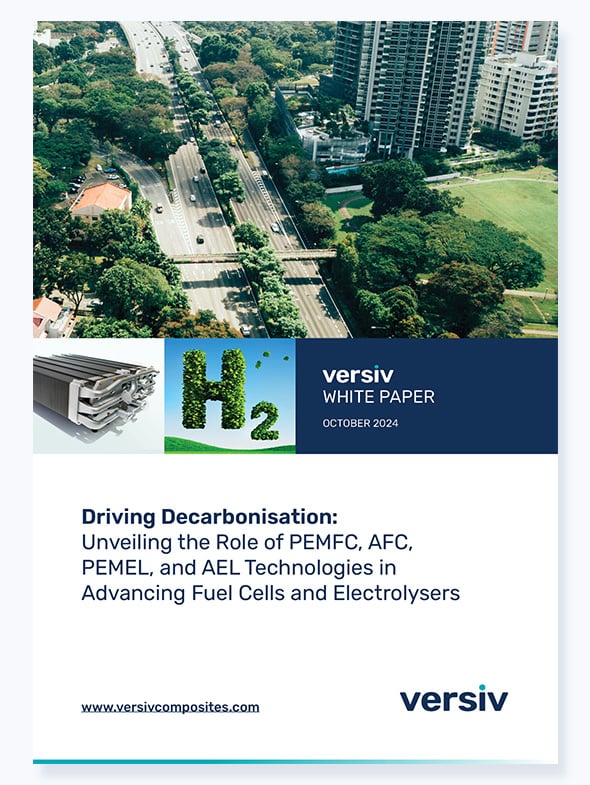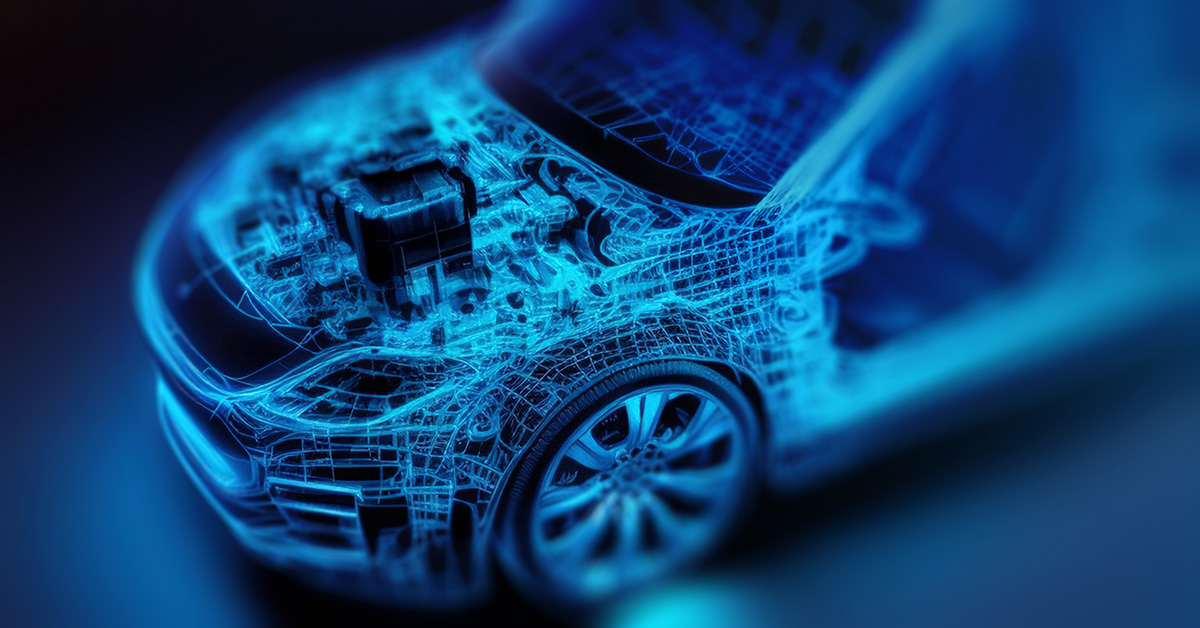
PTFE-coated composites effectively contribute to automotive engineering in terms of mechanical performance.
In automatic transmission solenoids, these materials are used as low friction linings (LFL) to reduce friction, improve efficiency, and extend component life.
We spoke to Michael Katzer, Global Business Development Manager, Automotive at Versiv Composites to learn more about automotive composites.
Understanding Low Friction Composite Technology
Q: How do advanced composites like LFL contribute to reducing friction within automatic transmission solenoids?
Michael Katzer (MK): In terms of electromagnetic solenoids, the materials we provide for transmission solenoids are flat linear bearings, and they are effective because of the nature of PTFE, which provides the low coefficient of friction, the lowest that is readily available. The surface structure and topography worked into the materials through fabrics, or alternatively the lack of topography in some configurations, basically reduces friction.
The low PTFE coefficient of friction enables more consistent movement in both directions, minimising hysteresis or "slip-stick" effects. This friction reduction directly translates to improved transmission efficiency through several mechanisms: reduced energy losses during solenoid operation, faster response times for gear changes, and more precise control of hydraulic systems.
Q: Why choose low friction linings over traditional lubricants and metallic coatings in gearbox components?
MK: While lubricants themselves cannot be totally eliminated since hydraulic oil remains necessary for other transmission functions, LFL materials can effectively replace metallic coatings such as nickel plating. LFLs have a better coefficient of friction and very good chemical inertness as well.
Metallic coatings face oxidation risks that PTFE-based materials do not due to PTFE’s chemical inertness and resistance. Traditional coatings can also be expensive and difficult to apply consistently. More companies choose LFL, however, adoption varies among manufacturers - some established manufacturers continue using traditional metallic coatings due to familiarity and perceived reliability.
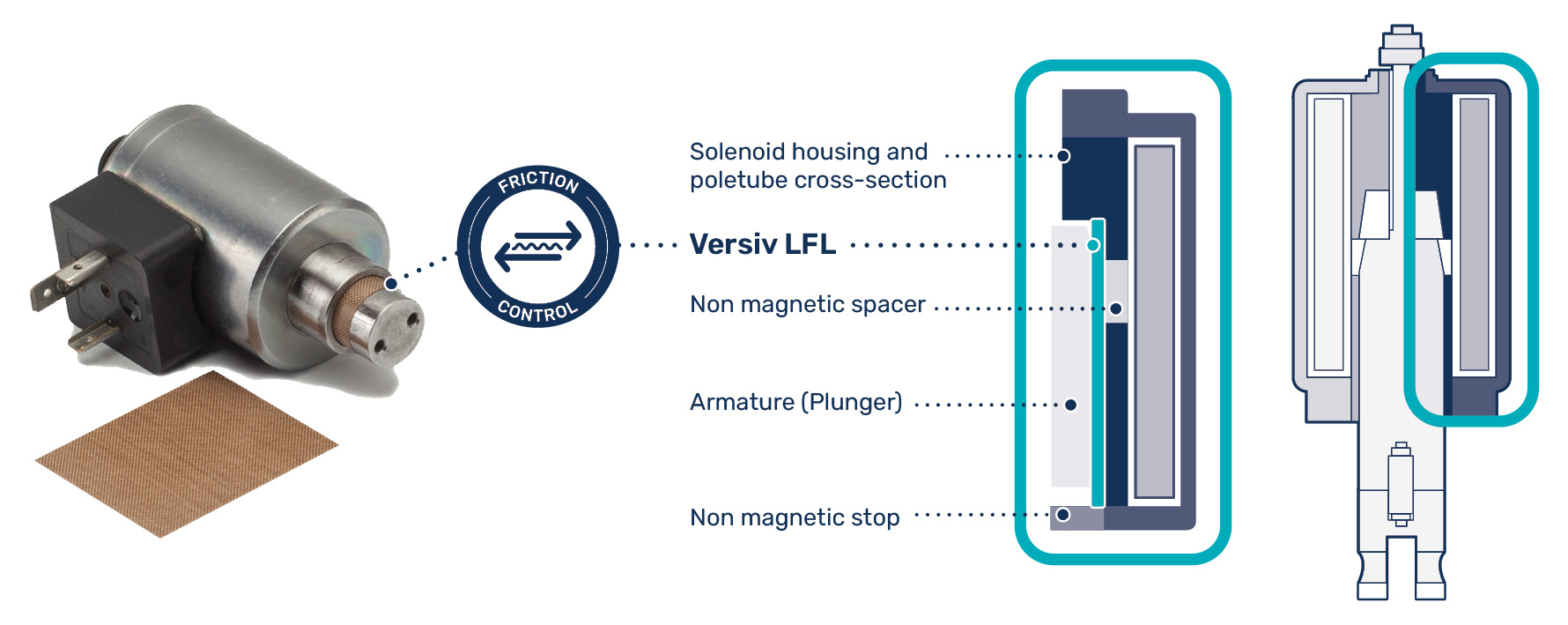
Hysteresis Reduction and System Responsiveness
Q: Can you explain the benefit of low hysteresis in solenoid bearings, and the impact on automatic gearbox operation?
MK: Hysteresis is the delay between input signal and system output. The goal or the ultimate KPI is zero hysteresis. When your system thinks it needs to shift, it should shift and not pause as if to consider shifting, before then shifting.
It's like comparing inexperienced and experienced drivers using manual clutches – with experienced drivers you won’t feel that shift – it eliminates the jerky, hesitant movements that characterise high hysteresis systems. In automatic transmissions, low hysteresis materials enable seamless gear changes that drivers cannot feel, greatly improving comfort and drivability.
Ready to learn more or discuss your next project?
Contact our team to discover how Versiv advanced composites can power your next breakthrough.
Power Efficiency and Energy Consumption
Q: How do these composites help decrease power requirements in solenoids, and is there a positive impact on vehicle fuel efficiency and battery electric vehicles (BEVs)?
MK: Reduced friction means reduced power requirements. For conventional internal combustion vehicles, this efficiency gain translates directly to improved fuel economy through multiple mechanisms. Every gear shift optimised through reduced friction allows the engine to operate at its most efficient torque and RPM combination for a longer duration.
With hundreds of gear shifts occurring daily during typical driving, even small efficiency improvements per shift add up to measurable fuel savings.
For battery electric vehicles, they use solenoids in comfort and safety systems including air suspension or brake systems. In these applications, power efficiency extends battery range and leads to power consumption reduction.
In terms of suspension systems, it is about reacting faster to road surface variations, allowing vehicles to move more over the hump instead of against it, improving energy efficiency.
Long-Term Durability and Performance
Q: How does the use of LFL in gearbox applications contribute to long-term durability and performance?
MK: Versiv LFL materials consistently pass the maximum cycle counts expected for complete vehicle lifetimes, with performance confirmed by automotive OEM customers.
The qualities of LFLs hold particularly true when you consider contaminated oil environments. In this respect our material has an advantage - it is soft. If there are certain contaminations coming from whatever metal traces left over, they can be “absorbed” in our material. Essentially, they remove the excess material, leaving a layer of PTFE on the surface to ensure low friction.
It represents a major advantage over metallic surfaces, which cannot absorb contaminants due to their hardness. The ability to "forgive" contamination while maintaining surface friction properties extends component life and maintains performance consistency even as transmission oil ages and accumulates wear particles.


